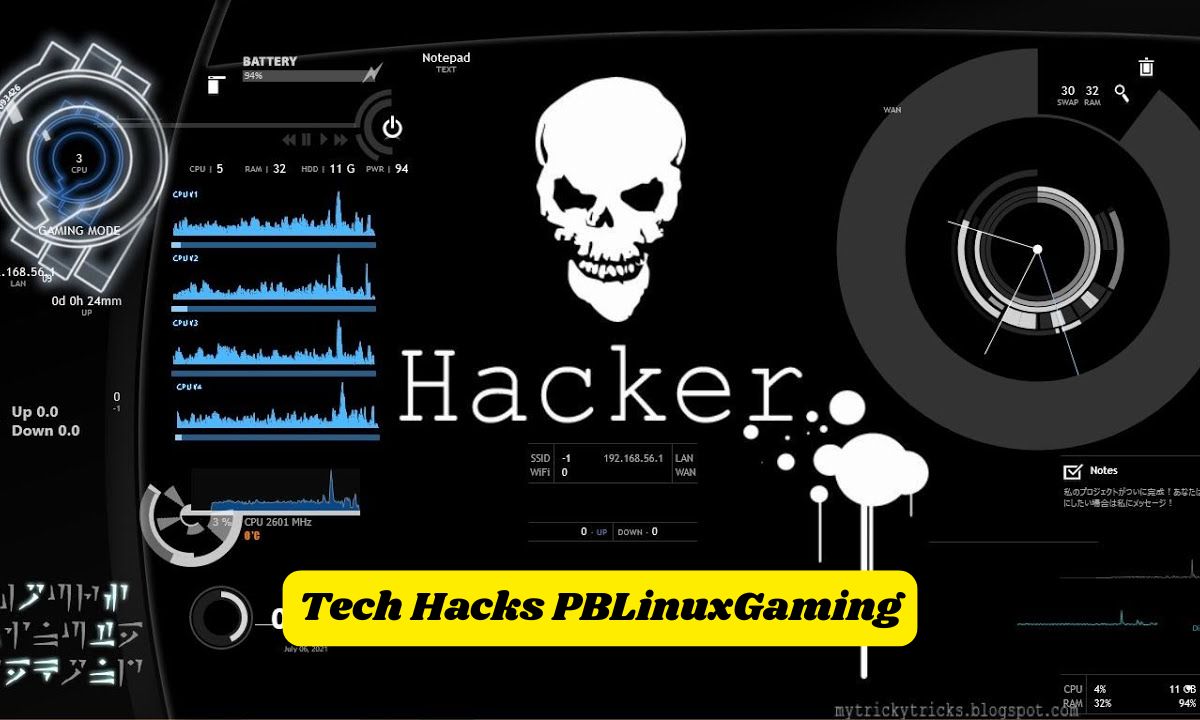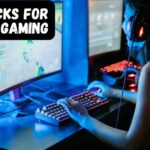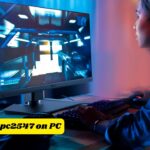Linux gaming has transformed dramatically in recent years. More gamers are discovering the power of Linux gaming optimization for superior performance.
The right tweaks can make Linux outperform Windows in many cases. PBLinuxGaming combines technical knowledge with practical application for gaming excellence. Steam’s Proton compatibility layer has revolutionized what’s possible on Linux.
What Is Tech Hacks PBLinuxGaming?
Tech Hacks PBLinuxGaming represents a project-based approach to Linux gaming setup. The “PB” stands for hands-on configuration rather than passive installation.
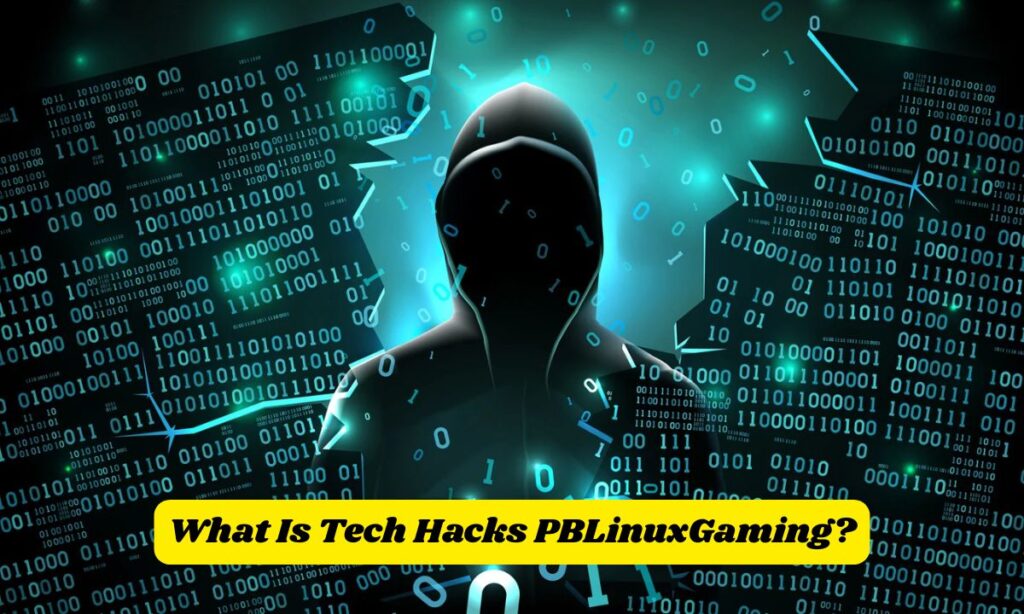
This methodology treats your gaming system as an evolving project that improves over time. Unlike one-size-fits-all solutions, PBLinuxGaming adapts to your specific hardware configuration.
Every system has unique optimization potential waiting to be unleashed. The philosophy centers on understanding how components work together for gaming excellence.
Learning these skills transfers across different Linux distros and hardware generations. PBLinuxGaming is about empowerment through technical knowledge and practical application.
READ THIS BLOG: mststore net: Everything You Need to Know Before You Shop
Choosing the Perfect Linux Distro for Gaming Excellence
Your choice of distribution forms the foundation of your gaming experience. Pop!_OS offers exceptional out-of-box GPU support and gaming-friendly configurations.
Manjaro provides a rolling-release distro model with cutting-edge drivers always available. Ubuntu LTS delivers stability while still supporting modern gaming requirements.
Nobara Project comes pre-configured with gaming optimizations saving setup time. Garuda Linux includes performance enhancements specifically targeting gamers.
The best distribution depends on your balance between stability and bleeding-edge features. Compatibility with your specific hardware should influence your choice. Gaming-focused distributions include tools that simplify optimization processes.
Must-Have Software and Tools for Ultimate Gaming
Steam with Proton enables thousands of Windows games on Linux with minimal configuration. Lutris provides a unified platform for games from multiple sources including GOG and Epic.
GameMode automatically optimizes system resources when launching games for maximum performance.
MangoHud displays critical performance metrics for real-time optimization feedback. Wine compatibility layers allow running games without native Linux versions.
Proton-GE offers community enhancements beyond official Proton capabilities. Heroic Games Launcher provides native Epic Games Store access on Linux systems. These tools transform Linux from a limited gaming platform to a powerful alternative.
System Tweaks to Unleash Maximum Power
Switching to a gaming kernel or low-latency kernel reduces input lag and system response time.
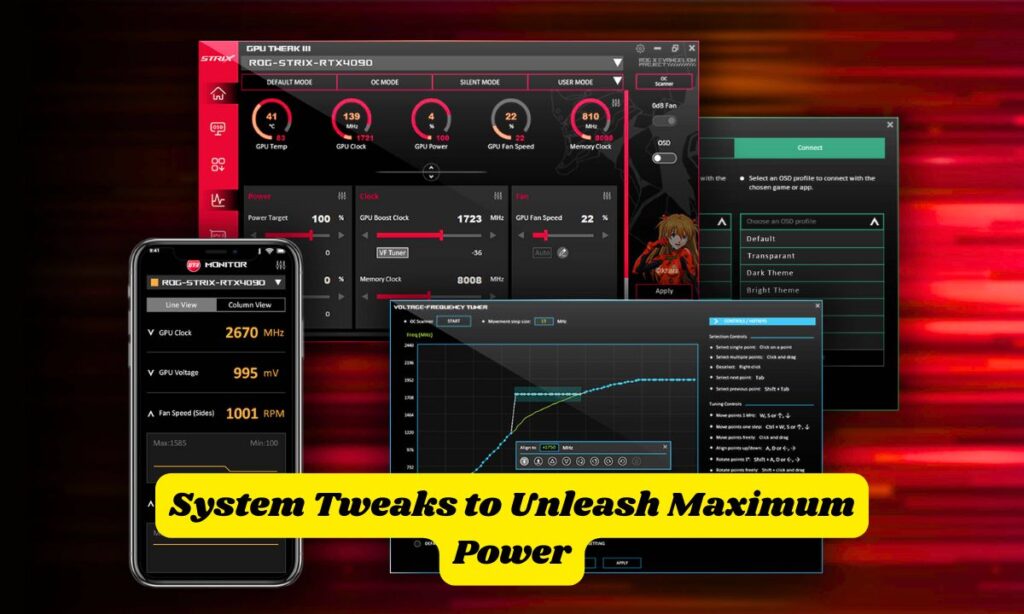
Setting your CPU governor to performance mode prevents throttling during intensive gaming sessions. Reducing swappiness values prioritizes RAM usage over slower disk swapping.
Disabling unnecessary background services frees system resources for gaming demands. Enable hardware acceleration wherever possible for smooth gameplay experiences.
Implement ZRAM for better memory management on systems with limited RAM. These individual system tweaks might seem minor but combine for significant performance gains.
Overclocking: Pushing Your Hardware to New Limits
Overclocking involves pushing components beyond factory settings for performance gains. CPU overclocking increases processing power for CPU-bound games and applications.
GPU overclocking boosts frame rates in graphically demanding titles. Tools like CoreCtrl provide Linux-native overclocking capabilities for AMD hardware.
Always balance performance gains against temperature increases and stability concerns. Proper cooling solutions become essential when pushing hardware boundaries.
Even modest overclocks can yield 5-15% performance improvements in many games. Monitor temperatures closely during extended gaming sessions with overclocked components.
Graphics Optimization: From Eye Candy to Frame Rates
Installing proprietary drivers often delivers better gaming performance than open-source alternatives.
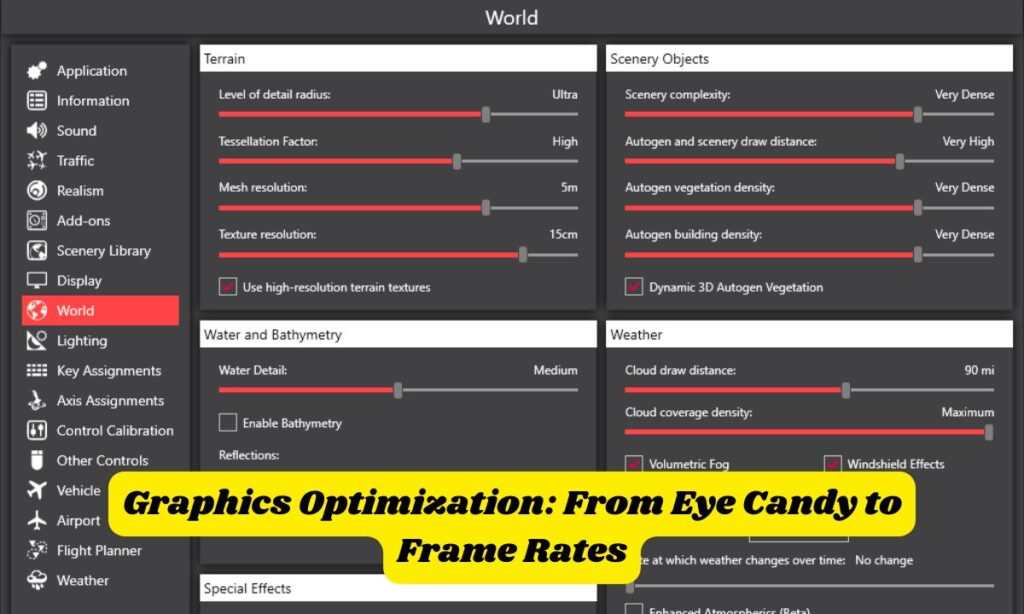
The Vulkan API offers superior performance compared to OpenGL especially for modern games.
Disable desktop effects and compositor during gameplay to reduce overhead and latency. Adjust in-game settings prioritizing framerate over maximum visual fidelity where necessary.
AMD’s FSR and NVIDIA’s DLSS provide intelligent upscaling for higher framerates. Experiment with different driver versions as newer isn’t always better for gaming. Focus on stable frame times rather than maximum peaks for smoother gameplay experiences.
READ THIS BLOG: AI Insights DualMedia 2025: Transforming Digital Content with Intelligent Multimedia Integration
Solving Game Compatibility Problems Like a Pro
Check ProtonDB for community solutions to specific game compatibility issues. Try different Proton versions when encountering problems with particular titles.
Use specialized launch options to bypass common compatibility roadblocks. Install additional Windows libraries through Winetricks for stubborn applications.
Create separate Wine prefixes for games with conflicting requirements. Troubleshooting becomes easier with systematic approaches and community resources.
Most compatibility issues have solutions already discovered by the Linux gaming community. Document your solutions to share with others facing similar challenges.
Tapping Into the PBLinuxGaming Community
The Linux gaming community offers invaluable knowledge for solving specific problems. Reddit’s r/linux_gaming provides daily tips and compatibility discussions.
ProtonDB contains crowdsourced compatibility reports for thousands of games. Discord servers offer real-time assistance from experienced Linux gamers.
YouTube channels dedicated to Linux gaming demonstrate optimization techniques visually. GamingOnLinux.com delivers news and tutorials specifically for Linux gamers.
Community knowledge often provides solutions before official documentation catches up. Contributing your own discoveries helps strengthen the entire ecosystem.
Maintaining Your Lean, Mean Gaming Machine
Regular system updates ensure security without sacrificing gaming performance. Clean package caches periodically to free disk space for games.
Monitor hardware temperatures during extended gaming sessions. Remove unused game files and libraries that consume valuable SSD space.
Schedule maintenance tasks during non-gaming hours to avoid interruptions. Revisit optimization settings after major system or driver updates.
Backup game saves regularly to prevent progress loss from system changes. A well-maintained system delivers consistent performance over its entire lifespan.
Network Optimization for Online Gaming
Online gaming demands low latency and stable connections for competitive play. Ethernet connections provide more reliable performance than wireless for serious gaming.
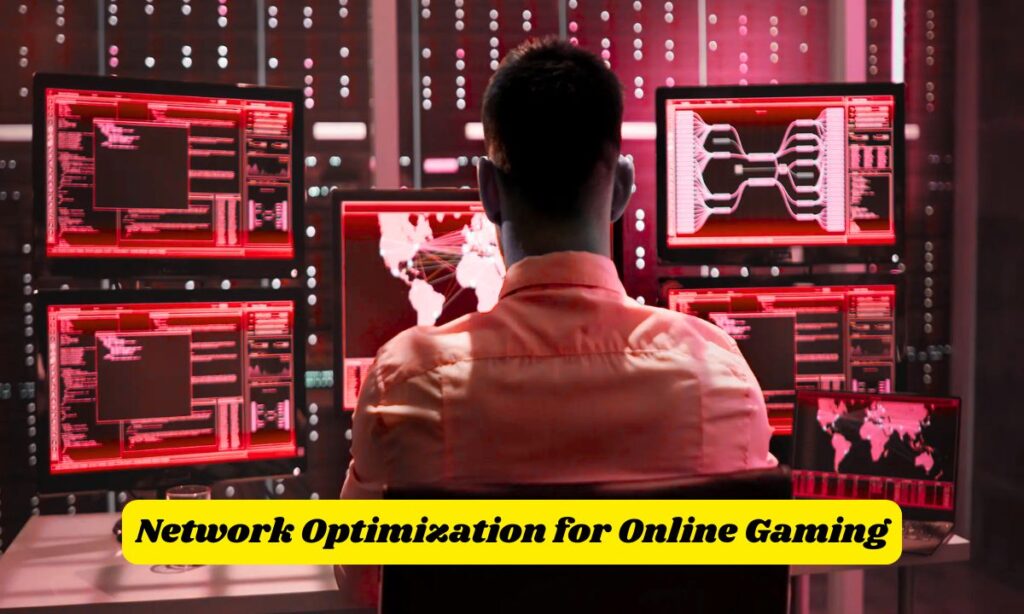
The Linux kernel offers advanced network stack tuning options unavailable on other systems. Set TCP congestion algorithms to BBR for improved throughput and reduced latency.
Gaming routers with QoS features can prioritize gaming traffic on busy networks. Experiment with DNS providers to find the fastest resolution for your location.
Network namespaces can isolate gaming traffic from other system activities. Monitor ping and jitter with tools like ping-analyzer to identify connection problems. Even small network optimizations make noticeable differences in fast-paced multiplayer games.
Storage Optimization for Faster Loading
SSDs deliver dramatically faster loading times compared to traditional hard drives. NVMe drives offer the ultimate performance for frequently played titles.
Use the ext4 or btrfs filesystems with optimized mount options for gaming partitions. Enable TRIM for SSDs to maintain performance over time.
Consider separating your game library onto a dedicated drive for better organization. Disable unnecessary filesystem journaling features for small performance gains.
Monitor drive health with smartctl to prevent data loss and performance degradation. Fast storage creates a smoother gaming experience with minimal waiting between levels or scenes.
Multi-GPU Setups and Advanced Configurations
Multiple GPUs can deliver enhanced performance in supported games and rendering tasks. Configure GPU passthrough to virtual machines for games requiring Windows-only features.
Use the DRI_PRIME environment variable to select specific GPUs for different games. Advanced Vulkan multi-GPU support provides scaling options beyond traditional SLI/Crossfire.
Custom fan curves balance cooling performance against noise levels for comfortable gaming. GPU compute tasks like AI upscaling benefit from secondary graphics cards.
Specialized workloads may perform better with mixed GPU configurations. These advanced setups require more configuration but deliver unique performance benefits.
Frequently Asked Questions
Is Linux really viable for serious gaming?
Absolutely. With Proton, Vulkan API and proper optimization, Linux handles most modern games with excellent performance.
Which Linux distribution is best for beginners in gaming?
Pop!_OS offers the smoothest experience for beginners with excellent out-of-box hardware support and gaming tools.
Will overclocking damage my hardware?
Not if done carefully with proper cooling and modest increases, though it may reduce component lifespan slightly.
How much performance improvement can I expect from these optimizations?
Depending on your hardware, you might see 15-30% improvements in frame rates and responsiveness with all optimizations.
Do I need to learn programming to optimize Linux for gaming?
No programming required, though basic terminal comfort helps most tweaks use simple commands or GUI tools.
Conclusion
Tech Hacks PBLinuxGaming represents gaming freedom through technical knowledge and customization. The project-based approach yields rewards beyond better framerates – it builds valuable skills.
Linux gaming continues improving with dedicated community and commercial support. The performance gap between Windows and Linux narrows with each passing year.
The satisfaction of gaming on a self-optimized system adds enjoyment beyond the games themselves. Your journey to Linux gaming mastery has just begun with these foundational techniques. The future looks incredibly bright for Linux as a premier gaming platform.

SEO expert focused on boosting online visibility and driving organic traffic. Passionate about data analysis, strategy, and the latest digital marketing trends.
